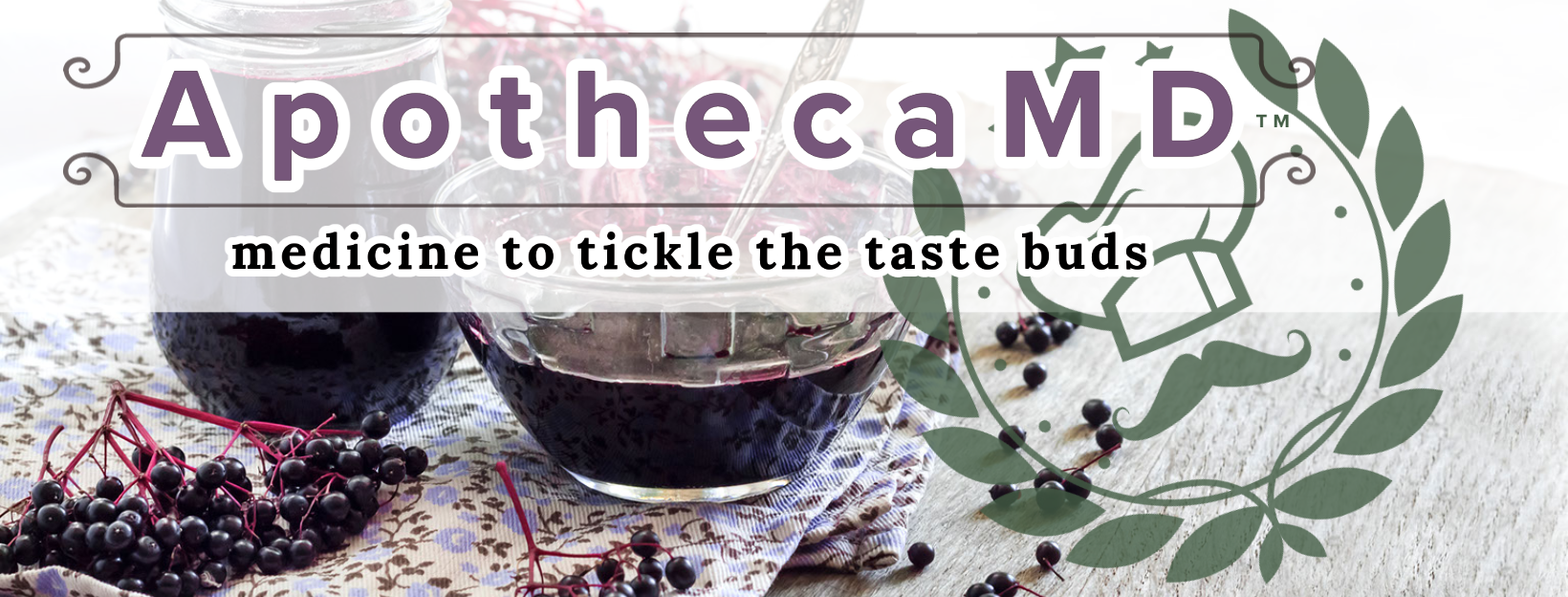Development of a Novel Apigenin Dosage form as a Substitute for the Modern Triple Antithrombotic Regimen
Molecules. 2023 Mar 2;28(5):2311. doi: 10.3390/molecules28052311.
ABSTRACT
The simultaneous administration of three antiplatelet agents has been proposed as an efficient strategy for the secondary prevention of atherothrombotic events and is included in the European guidelines. However, this strategy presented an increased risk of bleeding; therefore, the identification of new antiplatelet agents, with improved efficacy and diminished side effects, is of great importance. In silico studies, UPLC/MS Q-TOF plasma stability, in vitro platelet aggregation experiments, and pharmacokinetic studies were exploited. In the present study, it has been predicted that the flavonoid apigenin could target different platelet activation pathways, including P2Y12, protease-activated receptor-1 (PAR-1), and cyclooxygenase 1 (COX-1). To enhance apigenin’s potency, hybridization with docosahexaenoic acid (DHA) was performed, as fatty acids have illustrated potent efficacy against cardiovascular diseases (CVDs). The new molecular hybrid, termed 4′-DHA-apigenin, demonstrated enhanced inhibitory activity against platelet aggregation induced by thrombin receptor activator peptide-6 (TRAP-6), adenosine diphosphate (ADP), and arachidonic acid (AA), with respect to the parent apigenin. The 4′-DHA-apigenin hybrid illustrated an almost 2-fold enhanced inhibitory activity, with respect to apigenin, and an almost 3-fold enhanced inhibitory activity, with respect to DHA, for the ADP-induced platelet aggregation. Additionally, the hybrid presented a more than 12-fold enhanced inhibitory activity with respect to DHA for the TRAP-6 induced platelet aggregation. Furthermore, a 2-fold enhanced inhibitory activity was recorded for the 4′-DHA-apigenin hybrid for the AA-induced platelet aggregation with respect to apigenin. To surmount the reduced LC-MS based plasma stability, a novel dosage form in olive oil has been developed. The 4′-DHA-apigenin olive oil-based formulation presented an enhanced antiplatelet inhibitory effect in three activation pathways. To further explore the pharmacokinetic profile of 4′-DHA-apigenin in olive oil formulations, a UPLC/MS Q-TOF protocol has been established to quantify the serum levels of apigenin after oral administration to C57BL/6J wild type mice. The olive oil-based formulation of 4′-DHA-apigenin demonstrated an increase in apigenin bioavailability of 262 %. This study may offer a new therapeutic strategy tailored to improve the treatment of CVDs.
PMID:36903557 | PMC:PMC10005222 | DOI:10.3390/molecules28052311

